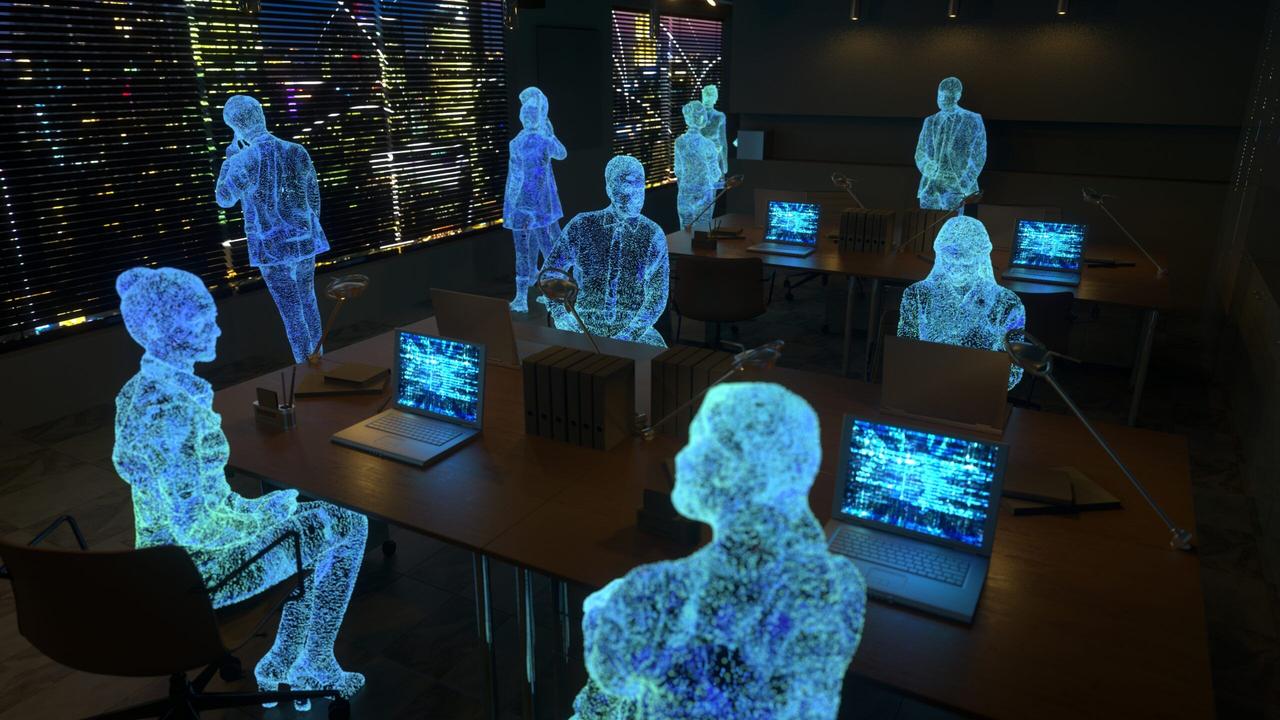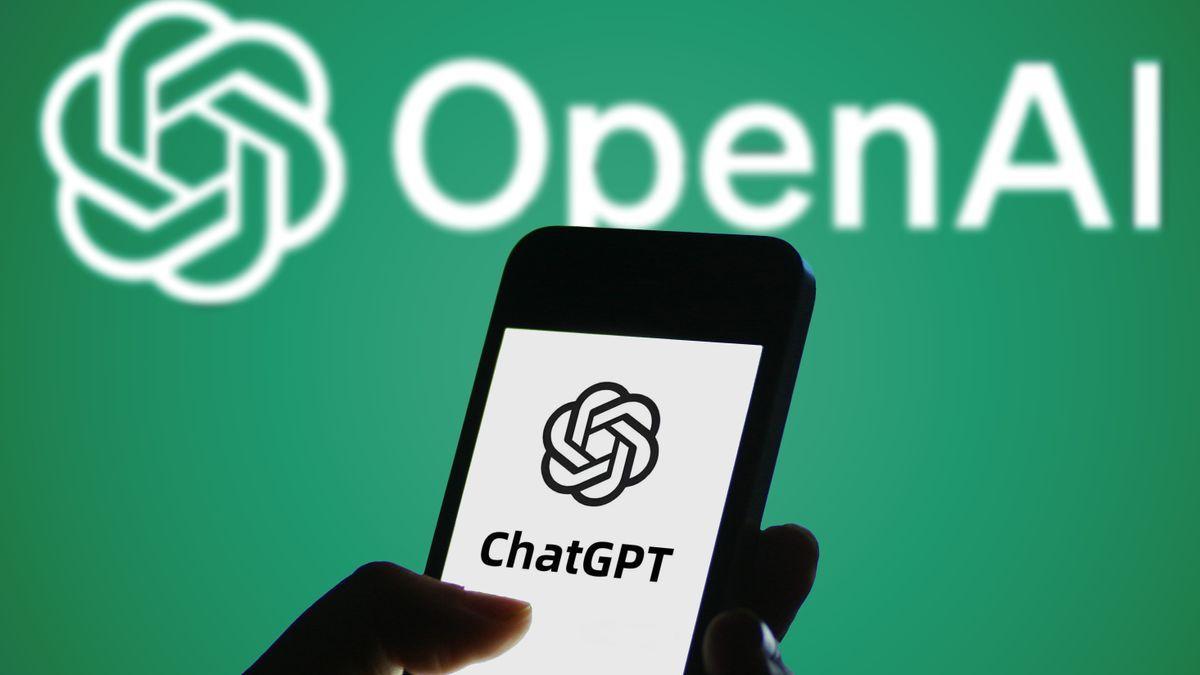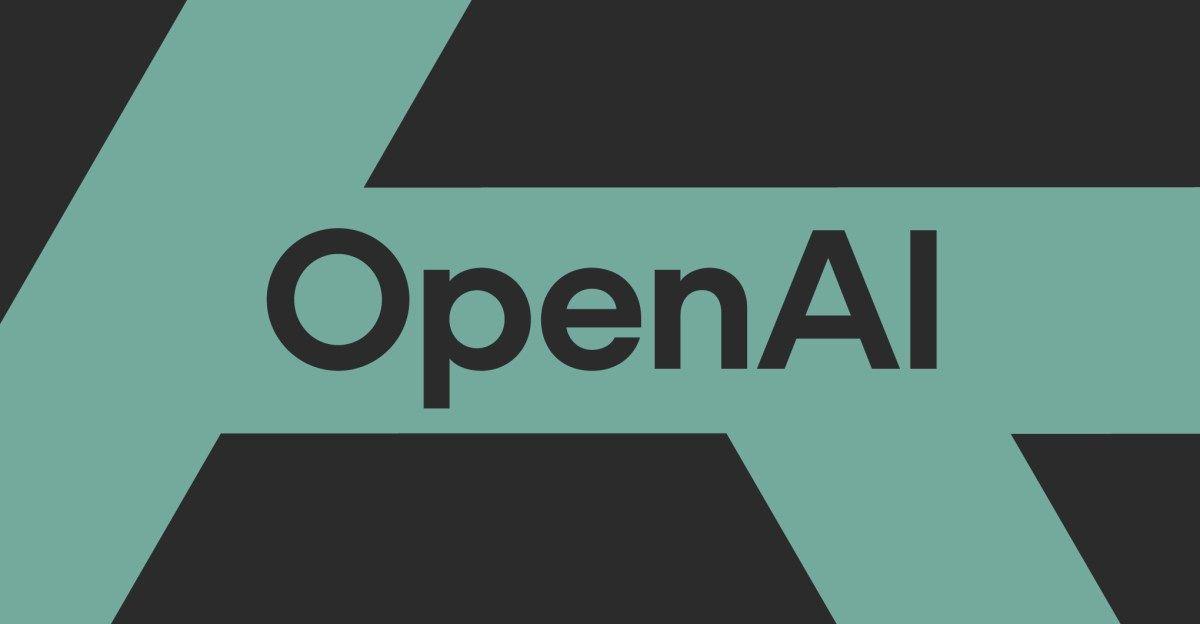Generational Divide in ChatGPT Usage: From Search Engine to Life Coach
3 Sources
3 Sources
[1]
Sam Altman says how people use ChatGPT reflects their age - and college students are relying on it to make 'life decisions'
Older people use ChatGPT as a Google replacement, while those in their 20s and 30s use it like a life advisor, according to Altman OpenAI CEO Sam Altman says the way users interact with ChatGPT changes depending on the user's age. Whether that's "older people who use ChatGPT as a Google replacement," or "people in their 20s and 30s who use it like a life advisor," Altman says the interactions with AI differ depending on when you were born. Speaking at Sequoia Capital's AI Ascent event, Altman said that while it was a "gross oversimplification," real trends are appearing in terms of how individuals use ChatGPT. In the YouTube video, which you can watch below, Altman, most interestingly, says that "people in college use it as an operating system." He goes into more detail by explaining how younger individuals interact with ChatGPT and AI as a whole by using it "to connect it to a bunch of files, and they have fairly complex prompts memorized in their head or in something where they paste in and out." Altman adds, "There's this other thing where they don't really make life decisions without asking ChatGPT what they should do. It has the full context on every person in their life and what they've talked about." More and more users are indeed turning to ChatGPT for life discussions and therapy, and I've even noticed friends and family opting for genuine conversations with the chatbot about major decisions. Reading the headline to this article, you might be ready to dismiss the whole idea of using AI and ChatGPT as a genuine 'life tool'. However, there are some real benefits to continuously talking to AI before making a decision. I find ChatGPT to be a good starting point for researching a topic when I'm thinking about smaller life decisions. For example, thanks to its memory features, ChatGPT can remember all of my discussions related to my hobbies, and give me tips when I need them. For example, I use ChatGPT to help motivate me with my Peloton use, and sometimes I need advice on what program or class to take next. ChatGPT knows what I've used in the past, and what types of Peloton classes I enjoy doing, and helps me to make a decision based on my preferences. This same functionality can be used across a broad range of topics. I'm a 30-year-old man who barely uses TikTok, so I can't even imagine how Gen Z interact with ChatGPT. However, I wouldn't be surprised if Altman is correct, and there are indeed many people out there who no longer make bigger life decisions without the input of AI, which to me sounds a little worrying.
[2]
Sam Altman's Gen Z brag: 'They don't really make life decisions without asking ChatGPT'
Gen Z isn't just using ChatGPT to finish homework or settle trivia debates -- they're using it to make actual life decisions. From managing relationships to planning career moves, many young users are apparently turning to the AI chatbot as a kind of digital confidant. OpenAI CEO Sam Altman talked about this shift during a talk at Sequoia Capital's AI Ascent event earlier this month. The interview, published Monday on Sequoia's YouTube channel, offered a generational snapshot of how people are using ChatGPT -- and Gen Z, it seems, is in deepest. "They don't really make life decisions without asking ChatGPT what they should do," Altman said. "It has the full context on every person in their life and what they've talked about." According to Altman, younger users aren't just casually chatting with the AI -- they're building intricate workflows around it. "They really do use it like an operating system," he said. "They have complex ways to set it up to connect it to a bunch of files, and they have fairly complex prompts memorized in their head or in something where they paste in and out." Altman said that was a "gross oversimplification" but added that generational patterns are emerging: "Older people use ChatGPT as a Google (GOOGL) replacement. Maybe people in their 20s and 30s use it like a life advisor. And then, like, people in college use it as an operating system." In a February report, OpenAI revealed that U.S. college students were its most engaged users -- not just in number, but in how thoroughly they were integrating the tool into their daily routines. More than one-third of Americans ages 18-24 reported using ChatGPT, making them the most active age group on the platform. (New York Magazine punctuated the phenomenon with a feature on the matter -- "Everyone is cheating their way through college.") The trend is moving even younger. A January 2024 survey from Pew Research found that 26% of U.S. teens ages 13-17 used ChatGPT for schoolwork -- a significant jump from just 13% in 2023. The numbers point to a generation growing up with AI not just as a tool, but as a kind of ever-present digital advisor. While sophisticated chatbots are relatively new, teen usage is already an area of concern; California lawmakers introduced a bill last year to require AI companies to remind young people that they're not talking with a human, and an April report by Common Sense Media and Stanford researchers said kids shouldn't use AI companion services at all. In a recent conversation on the Lex Fridman podcast, Altman emphasized the importance of building AI systems that evolve with users over time: "We're very early in our explorations here, but I think what people want... is a model that gets to know me and gets more useful to me over time."
[3]
From Search Bar to Life Coach: How Different Generations Use ChatGPT - Decrypt
Younger users increasingly rely on memory-enabled ChatGPT for life decisions. When it comes to artificial intelligence, your age might shape your perspective more than you think. OpenAI CEO Sam Altman says Baby Boomers, millennials, and Gen Z each see AI through a different lens -- a generational divide that could influence how the technology evolves. Older generations tend to view AI as an advanced search engine. Millennials often use it more like a digital therapist, Altman said during Sequoia Capital's AI Ascent 2025 event earlier this month. Today's college students push it even further, treating AI as an all-purpose assistant, relying on it for everything from studying to creative projects. "It's a simplification, but older people use ChatGPT like Google," Altman said. "People in their 20s and 30s use it as a life advisor." Altman compared this generational gap in AI use to the early days of smartphones, when younger users adapted quickly while older generations took longer to adjust. "[College students] use it like an operating system," Altman said. "They set it up in complex ways, connect it to files, and have detailed prompts memorized or saved to paste in and out. It's impressive. Some don't make life decisions without asking ChatGPT, which has full context on the people in their lives and past conversations." Altman attributed this change in the youngest cohort's behavior to GPT's new memory feature, which OpenAI released in April. The memory upgrade allows the AI to retain context from past interactions, making its responses more personalized and consistent over time. The OpenAI CEO's comments reflect a broader trend in generational AI adoption. Only 20% of baby boomers use AI weekly, compared to 70% of Gen Z. Meanwhile, 55% of Gen X and 58% of millennials say they expect the technology to have a significant impact on their lives, according to a December 2024 report by the Association of Equipment Manufacturers. This impact is primarily driven by advances in generative AI and its ability to mimic human interaction, a phenomenon that experts warn could lead to an unhealthy attachment as technology becomes more ubiquitous. Despite these concerns, Altman sees a future of increased value for AI. "The value will continue to come from three things: building more infrastructure, smarter models, and the kind of scaffolding to integrate this stuff into society," he said. "If you push on those, I think the rest will sort itself out at a higher level of detail."
Share
Share
Copy Link
OpenAI CEO Sam Altman reveals how different generations use ChatGPT, with younger users increasingly relying on it for life decisions and as an operating system.

Generational Differences in ChatGPT Usage
OpenAI CEO Sam Altman has shed light on the stark generational differences in how people interact with ChatGPT, revealing a fascinating shift in AI adoption across age groups. Speaking at Sequoia Capital's AI Ascent event, Altman outlined how the use of ChatGPT varies significantly depending on the user's age
1
2
.Older Generations: ChatGPT as a Search Engine
According to Altman, older individuals tend to use ChatGPT primarily as an advanced search engine, essentially treating it as a replacement for Google. This approach reflects a more traditional view of AI as a tool for information retrieval rather than a conversational partner
1
3
.Millennials and Gen X: The Digital Life Advisor
For those in their 20s and 30s, ChatGPT has taken on a more personal role. Altman notes that this age group often uses the AI as a "life advisor," seeking guidance on various aspects of their lives. This trend indicates a growing trust in AI for personal decision-making processes
1
2
.Gen Z and College Students: ChatGPT as an Operating System
Perhaps the most intriguing revelation is how college students and younger users interact with ChatGPT. Altman describes their usage as treating the AI like an "operating system." These users have developed complex workflows, connecting ChatGPT to multiple files and utilizing intricate prompts
1
2
.The Rise of AI-Assisted Decision Making
Altman's most striking observation is that many younger users "don't really make life decisions without asking ChatGPT what they should do." He explains that for these individuals, ChatGPT often has comprehensive context about their personal lives and relationships
2
. This level of reliance on AI for life choices marks a significant shift in human-AI interaction.Related Stories
Adoption Rates and Future Implications
Recent studies support Altman's observations, showing that AI adoption varies significantly across generations. While only 20% of baby boomers use AI weekly, this figure jumps to 70% for Gen Z. Additionally, 55% of Gen X and 58% of millennials expect AI to have a substantial impact on their lives
3
.Concerns and Potential Risks
The increasing reliance on AI for personal decision-making has raised concerns among experts. There are worries about the potential for unhealthy attachments to AI, especially as the technology becomes more sophisticated and ubiquitous
3
. In response, some jurisdictions are considering legislation to remind young users that they are interacting with AI, not humans2
.The Future of AI Integration
Despite these concerns, Altman remains optimistic about the future of AI integration. He believes that the value of AI will continue to grow through improvements in infrastructure, smarter models, and better integration into society
3
. As AI technology evolves, it's clear that its role in our lives is set to become increasingly significant, potentially reshaping how future generations approach decision-making and personal growth.References
Summarized by
Navi
Related Stories
Recent Highlights
1
Google Gemini 3.1 Pro doubles reasoning score, beats rivals in key AI benchmarks
Technology

2
Meta strikes up to $100 billion AI chips deal with AMD, could acquire 10% stake in chipmaker
Technology

3
Pentagon threatens Anthropic with supply chain risk label over AI safeguards for military use
Policy and Regulation








